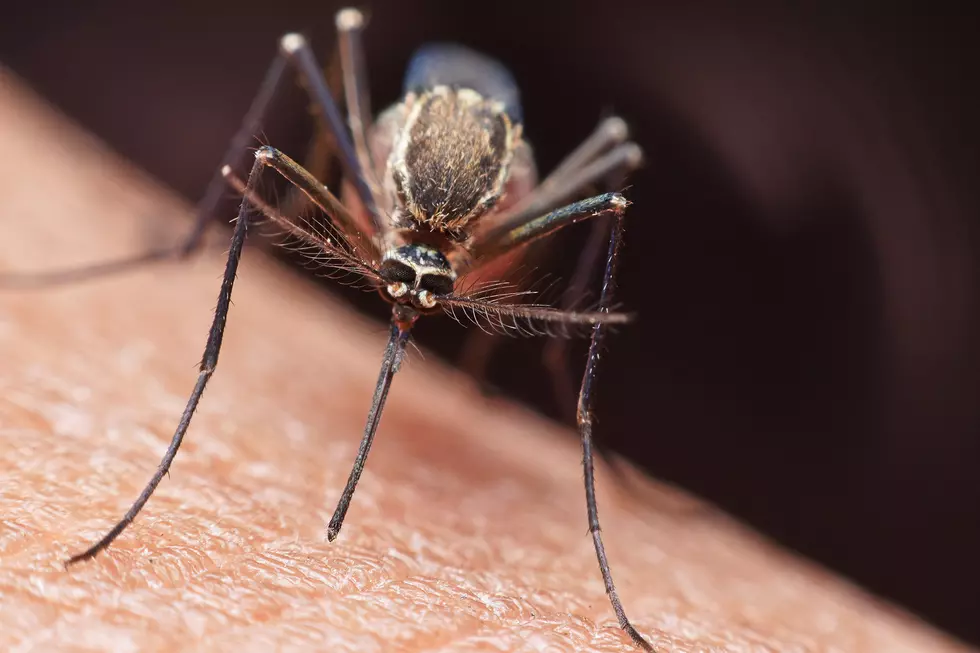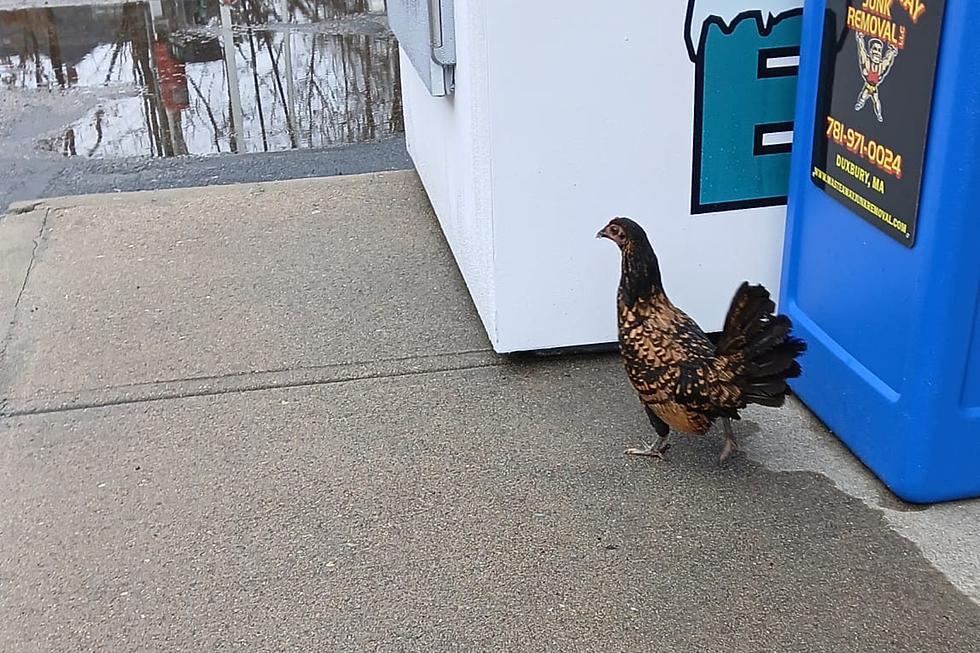
EEE Detected in Southeastern Massachusetts
BOSTON — The Massachusetts Department of Public Health (DPH) on Wednesday announced that eastern equine encephalitis (EEE) virus has been detected in Plymouth County for the first time this year.
The presence of EEE was confirmed on July 15 by the Massachusetts State Public Health Laboratory in mosquito samples collected on July 13 from a single location in Carver in Plymouth County. The mosquito samples collected on July 13 are from the same trap collected on the same night. The findings are in a mammal-biting species of mosquito.
Data from the area will be reviewed and the risk levels in the area will be updated today as part of routine bi-weekly risk level changes by DPH.
The findings mark the third time EEE virus has been confirmed in tested mosquito samples in Massachusetts this year. The two earlier findings of the virus were detected in samples collected July 1 and July 5 in Franklin County, increasing the risk level of EEE to moderate in the communities of Orange, Athol, Wendell and New Salem.
No human or animal case of EEE has been detected so far this year.
EEE is a rare but serious and potentially fatal disease that can affect people of all ages. EEE is generally spread to humans through the bite of an infected mosquito. There were 12 human cases of EEE in Massachusetts in 2019 with six deaths. There were also nine cases in domestic animals. Last year, public health officials raised the risk level for EEE to high in several communities in Bristol and Plymouth counties, both historic hotspots for EEE activity.
West Nile virus has also been detected this year in mosquitoes in Middlesex and Suffolk counties. There were five human cases of WNV in 2019. No human or animal cases of WNV have been detected so far this year.
Is This How I Make a Clam Boil?
— Massachusetts Dept. of Public Health
More From WBSM-AM/AM 1420









